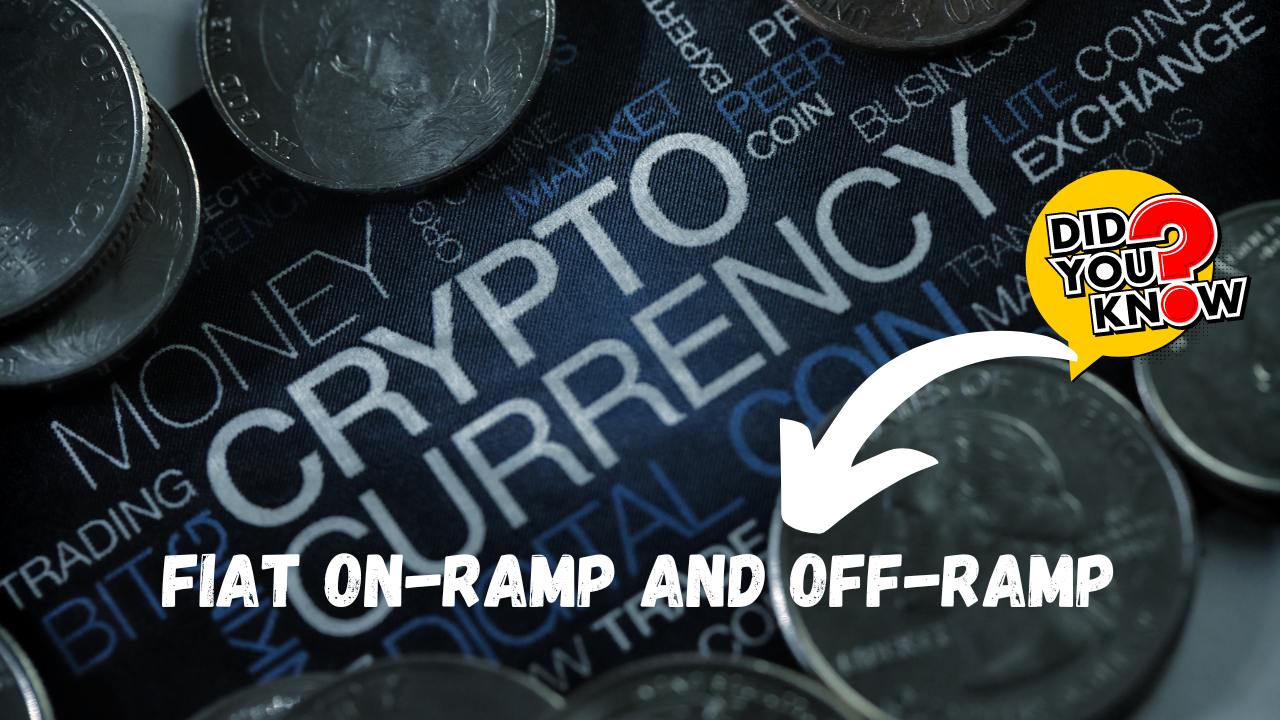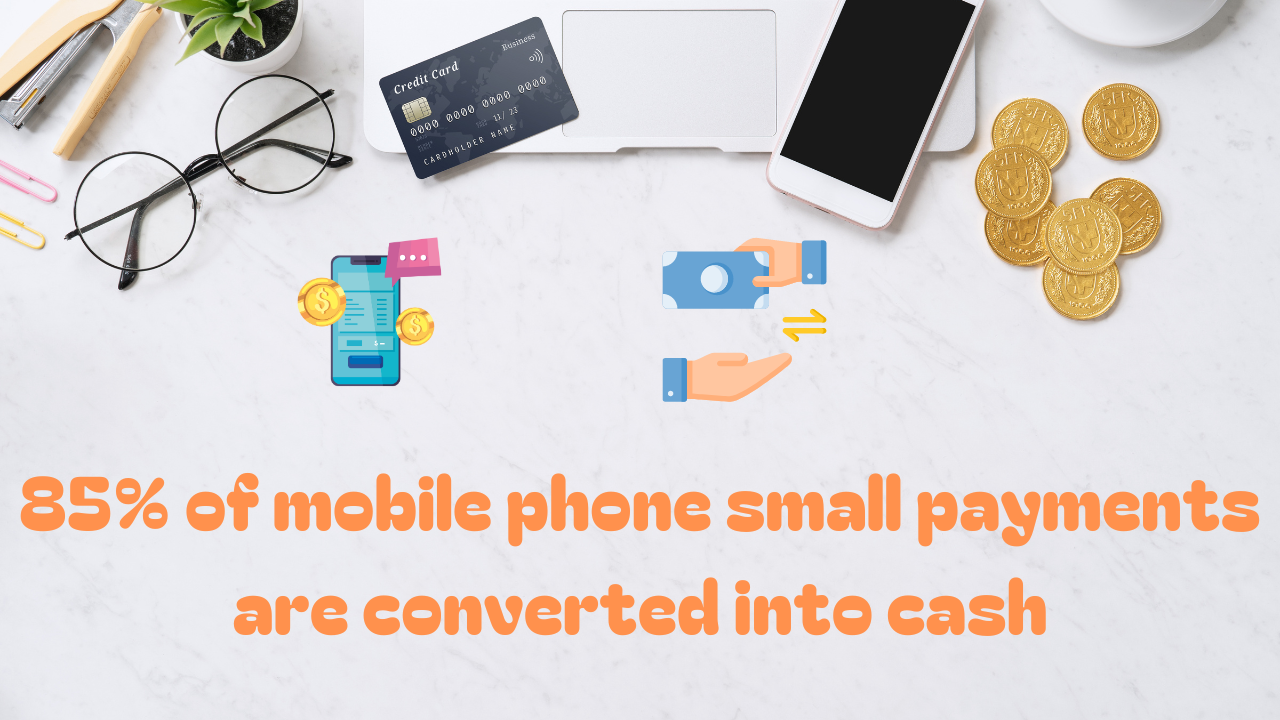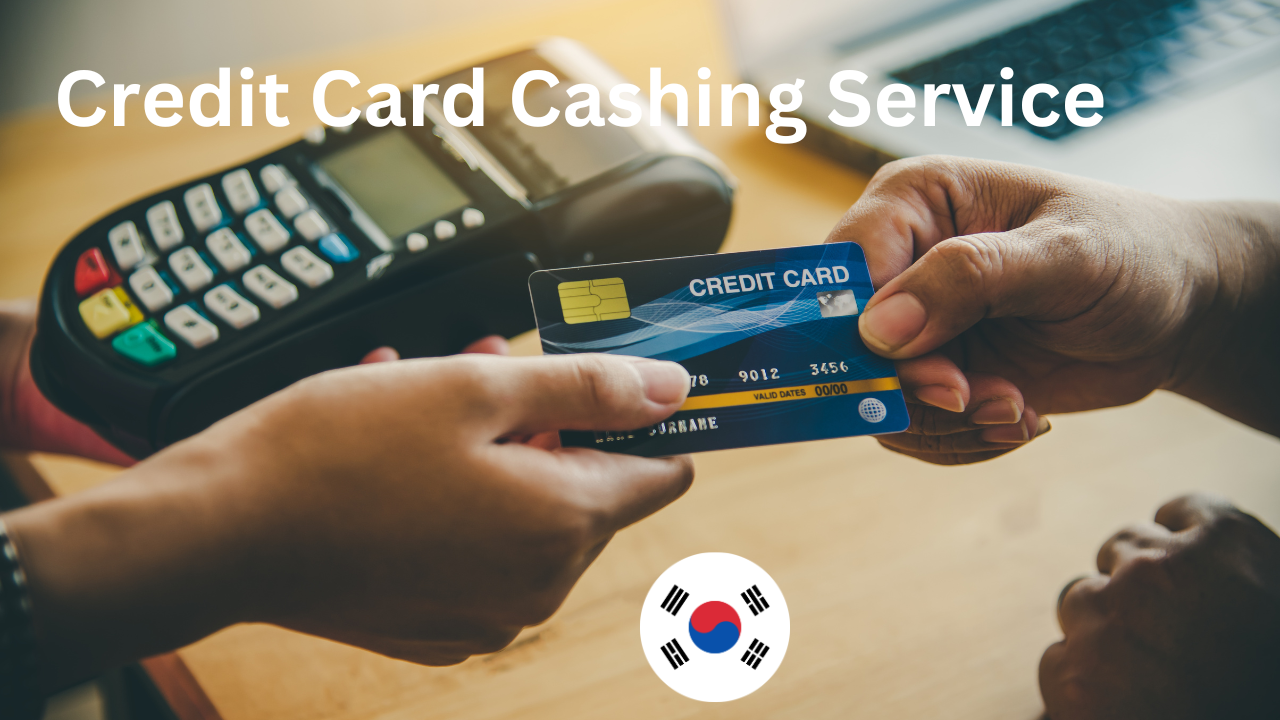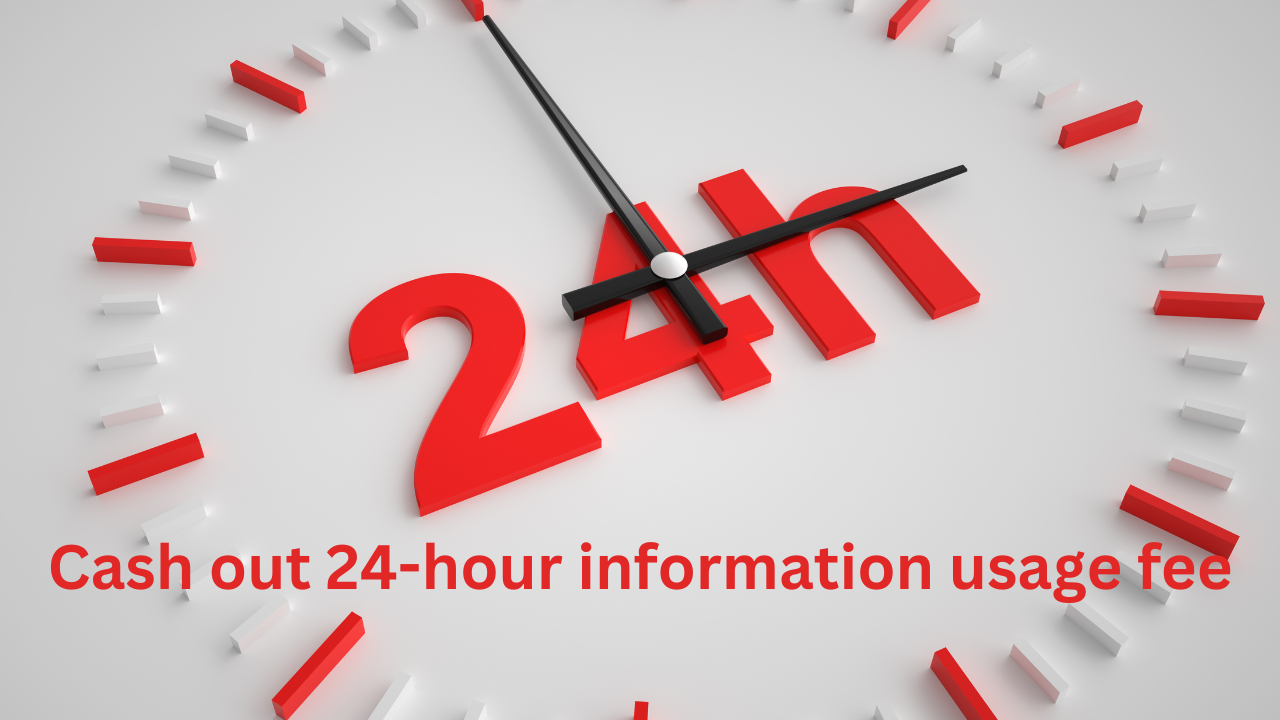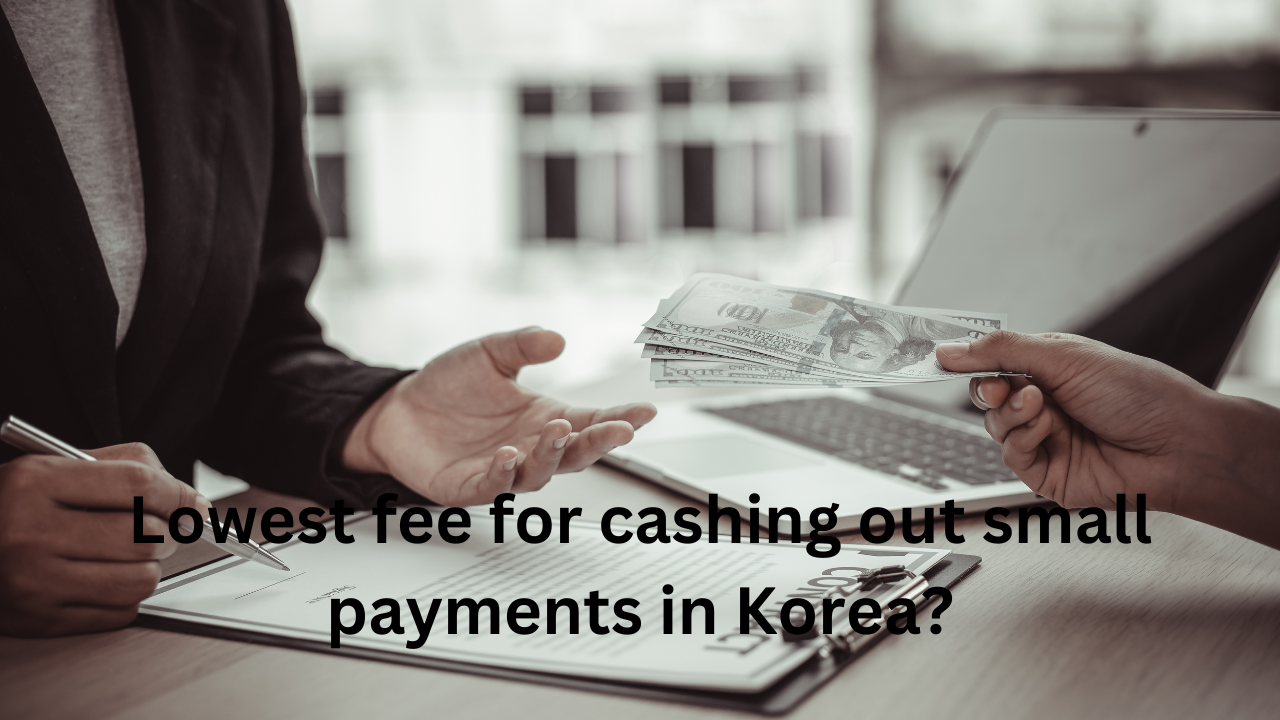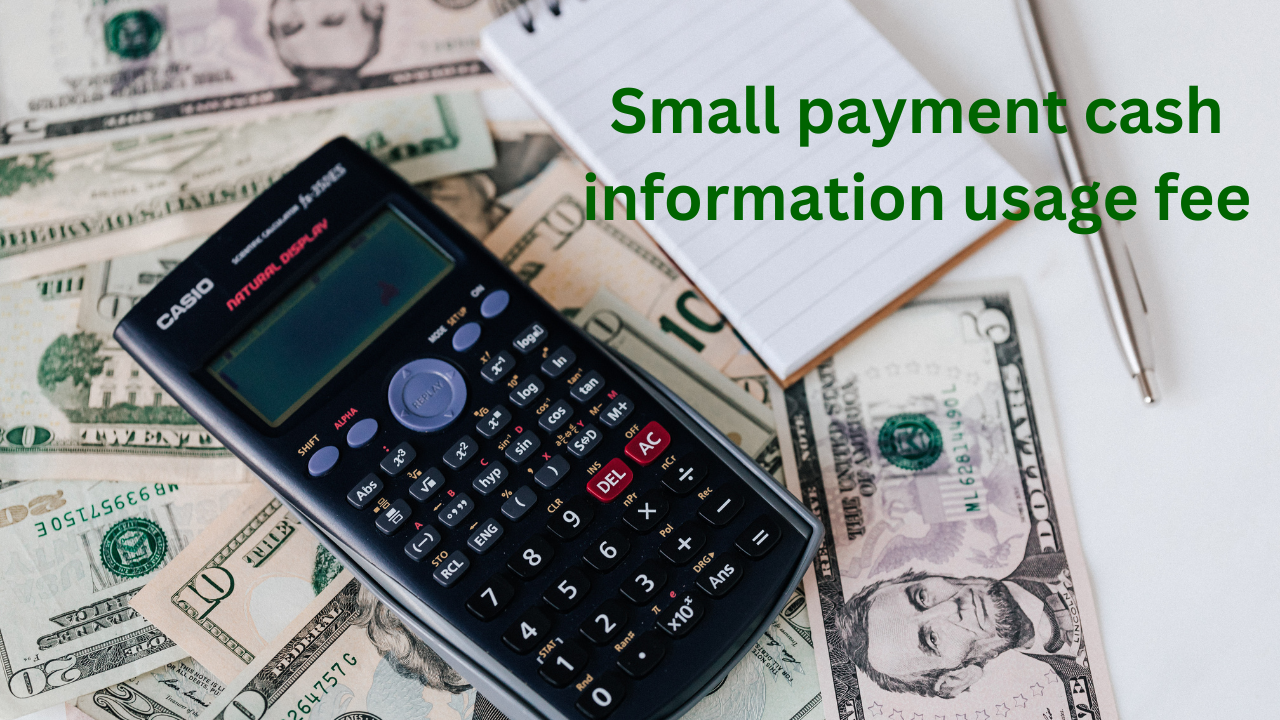How to Cash Out Small Payments
Korea is a country located in East Asia. It has a population of over 51 million people and South Korea has a very developed economy. In modern Korea, many people pay. They use bank transfers, debit or credit cards, and mobile payment apps.
International students and tourists may also receive small reimbursements or payments. Yet, it can be inconvenient and costly to go to the bank each time to deposit or withdraw a small sum of money. This article How to Cash Out Small Payments will show some easy methods to cash out these small payments in Korea without much hassle or fees.
Online Payment Platforms
Online payment platforms have become very popular in recent years. They offer easy ways to send and receive money online. They are for people and businesses. You can use these platforms via websites, apps, or from a bank account.
They allow users to pay or get paid for things. They do this without sharing sensitive financial details. You can make payments for online purchases, person-to-person transfers, or selling items. Online payment platforms make digital transactions safe. They also make them easy and accessible for anyone with a smartphone or internet.
Korean Banking Options
Korean banks provide convenient services for cashing out small payments regularly. As mentioned in How to Cash Out Small Payments Banks are a good option for deposits from part-time jobs or other small earnings.
ATMs allow around-the-clock access to funds from any bank account. Most ATMs in Korea are part of a shared network, allowing customers to withdraw or deposit cash without fees between different banks. Banks also offer counter-pickup services through online banking or mobile apps.
To use this service, one simply logs into their online account and requests the cash amount they need. The bank then prepares the funds securely for easy no-contact pickup. These bank features streamline cashing out small payments without visiting tellers each time. Minimizing Transaction Fees: How to Cash Out Small Payments
Keeping costs low across many cash-outs is important. The article How to Cash Out Small Payments recommends fee-free ATMs and consolidating withdrawals to limit deductions. Implementing these tactics ensures more funds remain from regular small deposits rather than unpaid transaction charges. Strategizing as suggested optimizes value when regularly converting deposits to cash.
1. Utilizing Mobile Apps
Many useful mobile apps can help cash out small payments with ease. Popular apps in Korea allow quick person-to-person money transfers. You can also make cash deposits from your phone. Downloading key apps cuts out fees and makes managing small funds more convenient.
2. Currency Conversion Considerations
If receiving payments in foreign currencies, consider conversion fees. Services charging flat fees can preserve more value when changing small amounts. Checking live rates and transfer partners helps optimize conversions for small international cash-outs.
3. Withdrawal Frequency Tactics
Varying withdrawal amounts and timing may bypass most daily withdrawal limits. Some ATMs restrict frequent, small extractions. Planning to combine pickups every few weeks ensures no missed payments. This is due to limits.
Security Measures for Small Payments
Securing accounts and funds is key when cashing many small payments regularly. As in this article How to Cash Out Small Payments notes, basic precautions like unique passwords and monitoring transactions shield users. Taking the simple steps outlined allows for fully utilizing the best options to easily extract value from regular small deposits.
Final Thoughts
This article has given many useful tips and options. They are for cashing out small payments in Korea. You can withdraw small sums often cheaply and easily. 소액결제 현금화 방법 You can do this by using convenient banks and digital payments. Also, follow best practices for money exchange and security.
You may work occasional jobs, get reimbursements, or do local business. Following these tips here ensures that you can access and check your small funds.




